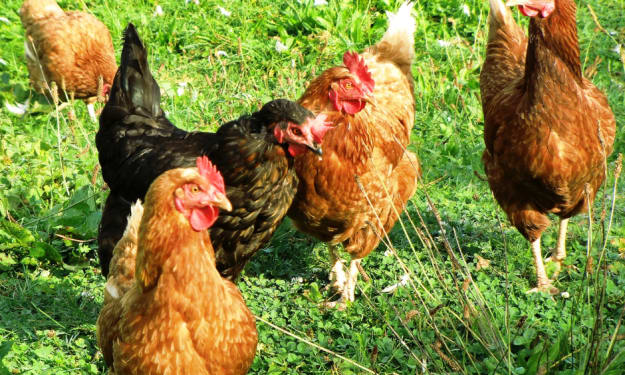
1.Determine how much daily time you can spend with your new pet. In general, cats require less upkeep than dogs. Even less work may be needed for small animals like gerbils, guinea pigs, and hamsters. But keep in mind that even the smallest boys need daily attention. You might not be ready for a pet if you can't commit to giving it daily access to fresh water, food, cleaning supplies, and affection.
2.Determine how much you can annually spend on your pet without going over your spending limit. The cost of caring for dogs and cats is likely to be higher because they need yearly checkups with the veterinarian, shots, flea and heartworm prevention, and a lot of food. A hamster consumes less food and typically doesn't need vaccines.

3.How long can you commit to the animal? Cats have a lifespan of up to 20 years. Be ready to take care of a puppy you adopt for at least the next 15 years. Guinea pigs and hamsters have lower lifespans. Rabbits, whose lifespans range from nine to twelve years, fall midway in the middle. Make extensive study if you're considering about adopting a bird. A parrot can live to be 80 years old, however a parakeet only lives to be between eight and twelve!
4.How much time and effort can you spare for your pet's exercise? A couch potato dog can be a good fit if you enjoy spending the weekend curled up on the couch watching movies. Better yet, a cat or small animal like a gerbil won't need to be exercised outdoors. But keep in mind that some cats are also very energetic! You don't have to go running with your cat, but you should play with it for at least 30 minutes every day.
5.How do you like to live? For those that put in a lot of overtime, cats are wonderful possibilities. They can use the restroom without being permitted outside. The same is true for hamsters, gerbils, and guinea pigs. However, if you travel frequently, you must never leave a pet unattended for longer than a day. Cats prefer fresh water and a tidy litterbox. Hamsters and gerbils also require clean enclosures.
6.Who currently resides in your home? Have you got any young kids or other pets? It's crucial to adopt a pet that will blend in with the neighborhood. Playful, boisterous canines might not be a suitable fit for a family with young children. Hamsters may not be safe in a home with small children who don't understand how sensitive the little rodents are, despite the fact that they don't require a lot of energy.
7.Consider the future. Different animals adapt to change in different ways. In the upcoming five years, will you relocate? Considering expanding the family? To know if you want to be married or have kids in the future, you don't need to be psychic. A hamster doesn't care whether he lives in a mansion or an apartment. And if a new infant is present, he might not notice. A little, slobbery dog generally won't distinguish between a house with one bedroom and one with five bedrooms. However, a dog with plenty of activity generally needs a large, enclosed backyard or a person who is committed to giving him exercise. Make sure you can commit to a special-needs dog for life before you adopt one, especially if he has behavioral problems.
8.Do you like your house to be clean? And how long are you willing to wait for it to become that way? Obviously, guinea pigs and other caged animals will have the least impact on your home. But you'll notice cats and dogs more. Additionally, a long-haired cat that sheds heavily may have more of an influence than a dog that doesn't slobber or shed.
9.Use specialists. In order to assist you find the right pet, some shelters offer trained adoption coordinators who will speak with you about your lifestyle and housing circumstances. However, the majority of shelter staff members will be able to share with you the personality and habits of a certain animal.
10.Adopt! The majority of people are aware that getting a cat or dog from a pet shop is a bad choice. However, the retail trade in small animals (such as rabbits, hamsters, gerbils, and guinea pigs) is similarly inhumane. Check out this undercover investigation into the breeders who provide little pets to major retail stores. Animals other than cats and dogs are typically available at shelters. Adopting hamsters, gerbils, rabbits, guinea pigs, birds, and even reptiles is straightforward in your neighborhood.





Comments
There are no comments for this story
Be the first to respond and start the conversation.